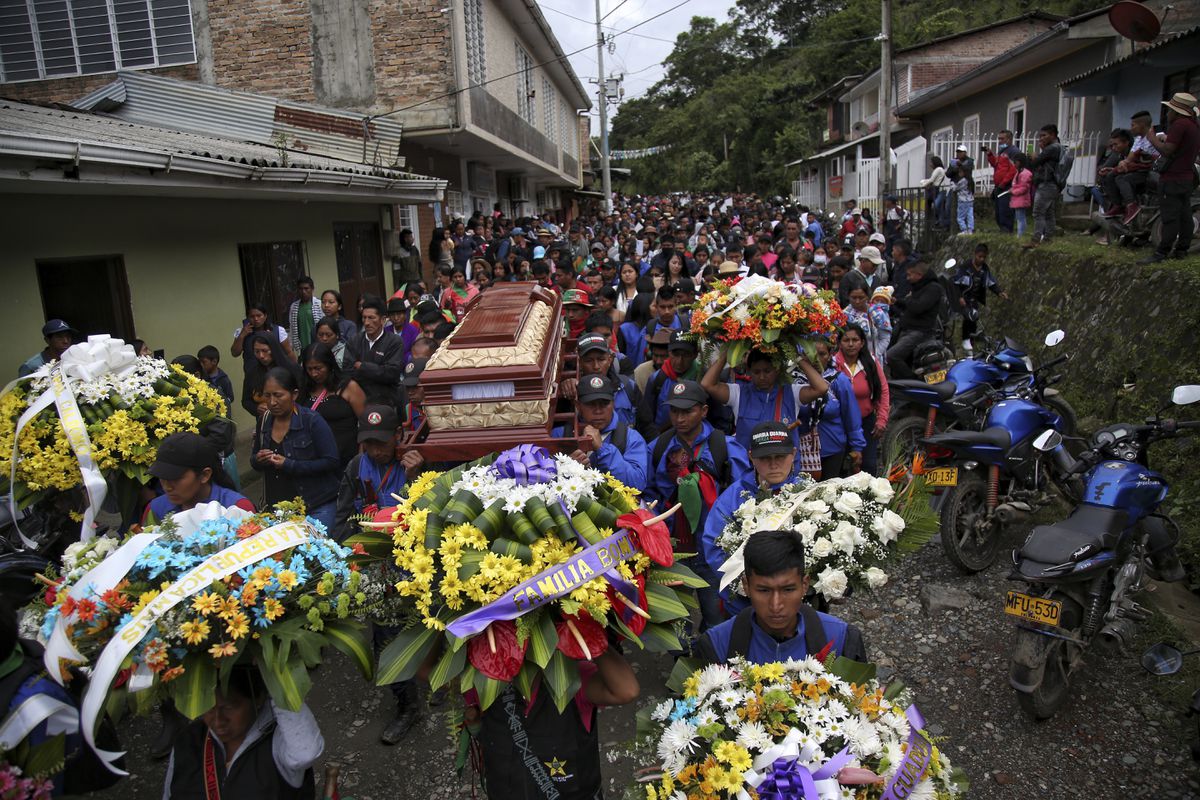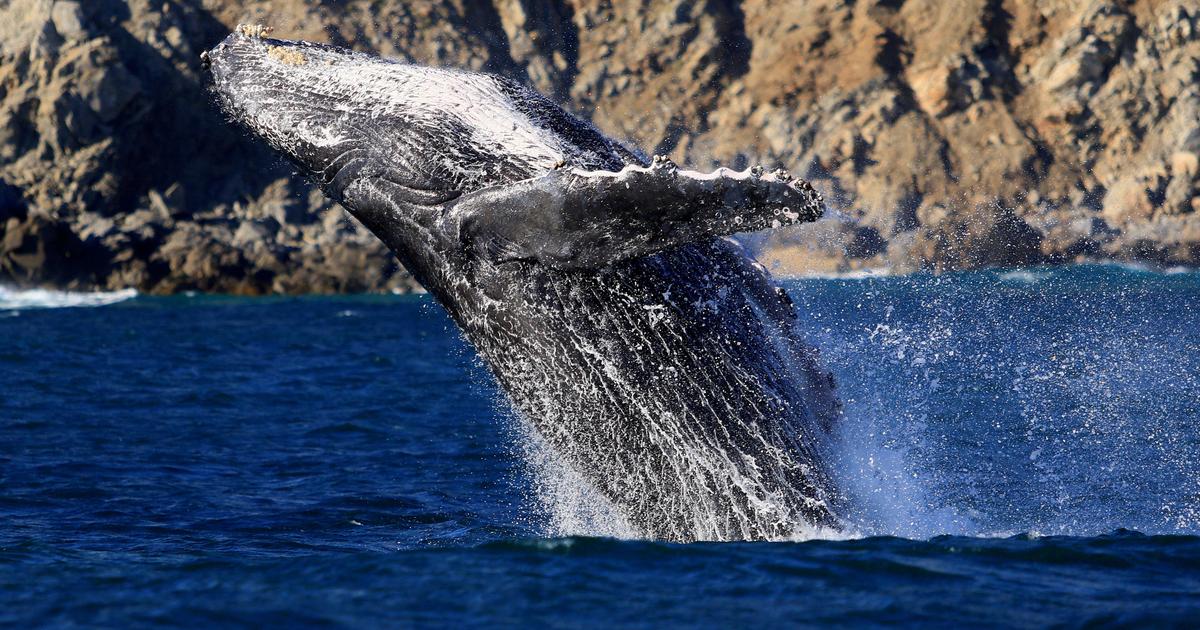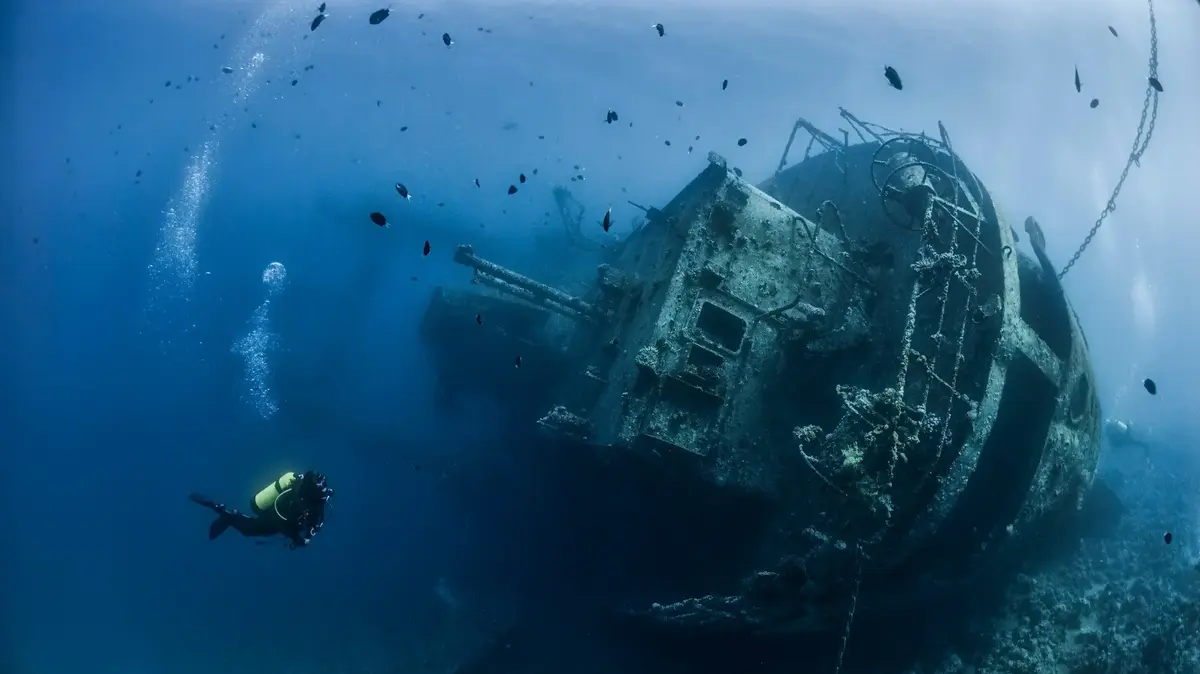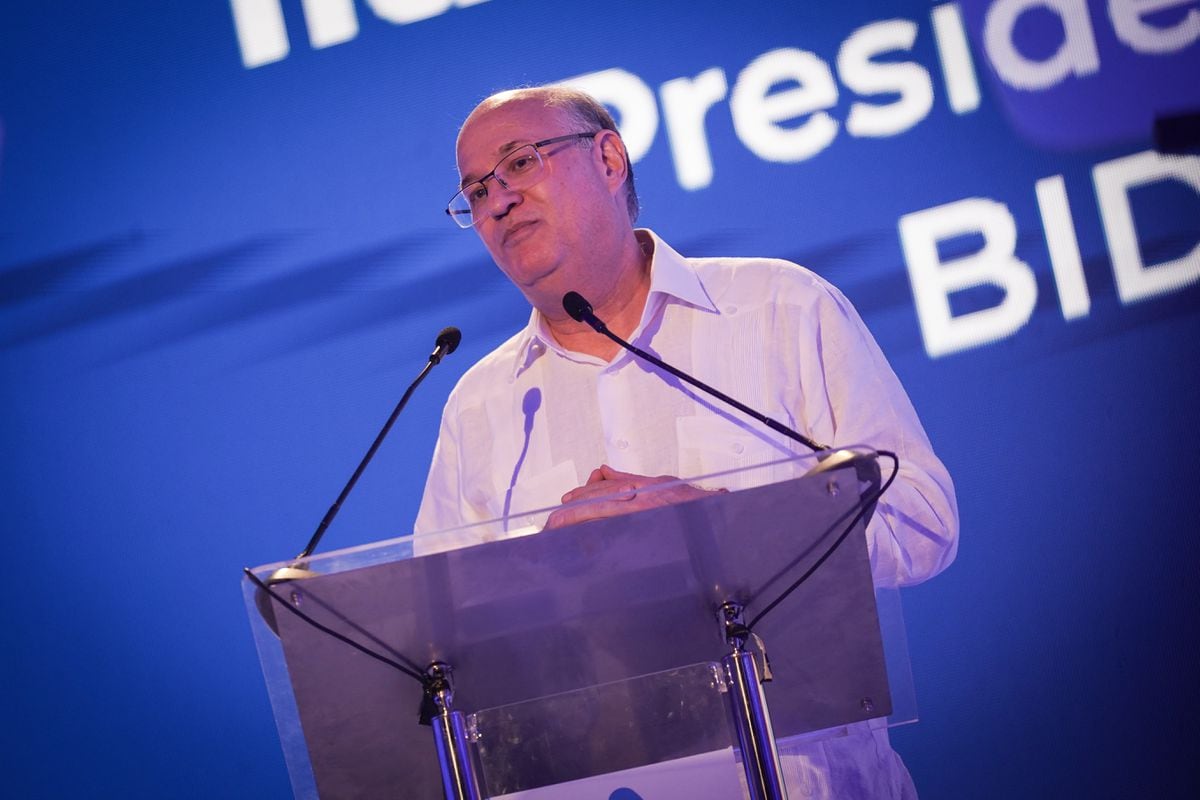The new Minister of Science, Technology and Innovation of Colombia, Arturo Luna, defines himself as "a man of indigenous origin who was trained in modern science and the scientific method."
Luna (Flor del Monte, Sucre, 38 years old) was born and raised in a small rural town in Montes de María, one of the areas of the country most affected by poverty and armed conflict.
"For many years my family and I suffered the impact of the violence, we saw many people die and many left displaced, fleeing the war."
Luna studied at the school in her town, entered the only public university in the department to study biology and, thanks to a Fulbright scholarship, did a doctorate in microbiology, immunology and parasitology at the Center for Health Sciences of the University of Louisiana, United States.
Born to a peasant father and an illiterate mother, one of seven children, Luna learned English by reading, watching television without subtitles, listening to music and translating articles with a dictionary in hand to earn some money.
Before traveling abroad, he sold cell phone minutes in the university cafeteria, under a guadua tree, where he met his wife.
He was also a natural sciences teacher in a small school in the village of Don Gabriel, Sucre, sadly famous for the presence of guerrilla and paramilitary groups.
“A lot of unfortunate things happened there.
I remember that it was difficult to get to class, we had to go by motorcycle, there was no road, the road was always full of mud”.
Luna receives EL PAÍS in his office, just a few hours after President Gustavo Petro took office.
Arriving at the office, the new minister greets the guards and receptionists with a hug.
He appreciates them and has known them for a long time, since he worked in the Ministry as manager of science and technology and leader of the biotechnology and Colombia Bio programs.
“We have to get resources from international cooperation to meet our research budget goals, the money from the Development Plan is not enough,” says Luna with hope.
And he adds: "We are going to reactivate the immediate dialogue with Ecopetrol to work together on the energy transition."
Ask.
President Gustavo Petro took more than a week to choose the Minister of Science, a position disputed by the political parties.
His appointment was a surprise.
Why do you think he chose you?
Response.
I retired from the ministry in June of this year.
I did not expect this appointment.
It was quite a shock when it was offered to me.
I am convinced that the decision had to do with the fact that I am a man of humble origins, who got ahead, first with public education and then using science as a channel to achieve a goal.
I think that all the difficulties that I experienced in my youth, plus my academic and doctoral training, the scientific experience that I had in the United States, and the previous years of work in the Ministry helped the president to elect me.
P.
What will be your main objective at the head of the MinCiencias?
R.
I think that the most serious problem of science in Colombia is the scarce financing.
I want to change that.
I am aware that being a new and small ministry, the resources of the National Development Plan are less, but that cannot be a limitation.
We are going to manage international cooperation resources to increase our budget.
Q.
How?
A.
Part of my time at Colciencias was devoted to this work and I know how to create trust in allies so that they see that their contributions have an impact on society.
It's a way to help meet the budget goals we have for research and development.
Another thing I want to do is work with the other ministries, with other government entities, with the universities, with the productive sector, make joint commitments, take science out of the ministry.
Q.
Science recently made headlines in the national media due to a debate between "ancestral" knowledge and the "hegemonic" scientific method. What will be the direction of the ministry in this dilemma?
R.
That debate sparked many interesting conversations.
I am a person of indigenous origin who was trained in modern science and the scientific method.
I am aware that a dialogue must be established between that indigenous, Afro and peasant knowledge and modern Western science.
Many solutions for the daily problems of today's society can be found in the knowledge that indigenous communities have.
Q.
Like which ones?
R.
For example, the cure of diseases with plants or more sustainable agricultural production.
In this tradition there are tools to start solving problems of public health, food, and even climate change.
You have to learn to use all that knowledge.
There are centuries of wisdom that society can take advantage of, but we have to give back to these communities for their teachings.
P.
The president has emphasized the importance of science to contain climate change, in his inaugural speech he said that it will be a fundamental pillar of the government, how does he assume that challenge?
R.
Science must provide concrete solutions to climate change.
Develop better solar panels, advance in the production of hydrogen from water for the energy transition, help a farmer to produce their food at a lower cost and with less environmental impact.
One of the most serious problems in agriculture, to name just one case, is the contamination of fertilizers.
From science we can generate new technologies that reduce these damages.
It is important that we begin to develop them in Colombia.
Q.
An hour after taking office, what is the first thing you are going to do, your first order?
R.
Sit down with my team, talk to the people of the entity, express my confidence, my support.
They know about my work style and they like it.
Then you have to start reorganizing the house, so that people feel calm and happy working here.
P.
That in the method, but tell me a specific action that you want to start immediately
R.
I am going to reactivate the dialogues with entities such as Ecopetrol and SENA.
We want to reach agreements that allow us to advance in the execution of activities in science, technology and innovation.
With Ecopetrol, for example, we are going to contribute all the technical capacity of the ministry to help in the energy transition.
Q.
Now that you talk about meeting with your team, who will be your deputy ministers and department heads?
R.
It is a decision that must be consulted with the president, I cannot tell you any names for now.
P.
In Colombia there is a broken bridge between the knowledge that is produced in the universities and the problems of society, how to rebuild it?
R.
I would like to have allies such as the media to help me spread the science that is done in the academy, so that ordinary citizens can see the importance it has in their daily lives.
We need people to understand that science makes the computer, the television, the cell phone possible.
Q.
What do you plan to do with the Mission of Wise Men?
R.
They gave very good recommendations for the development of science in Colombia in the long term.
I'm going to talk to them.
I will have them very close.
We will also be collecting suggestions from the splicing team.

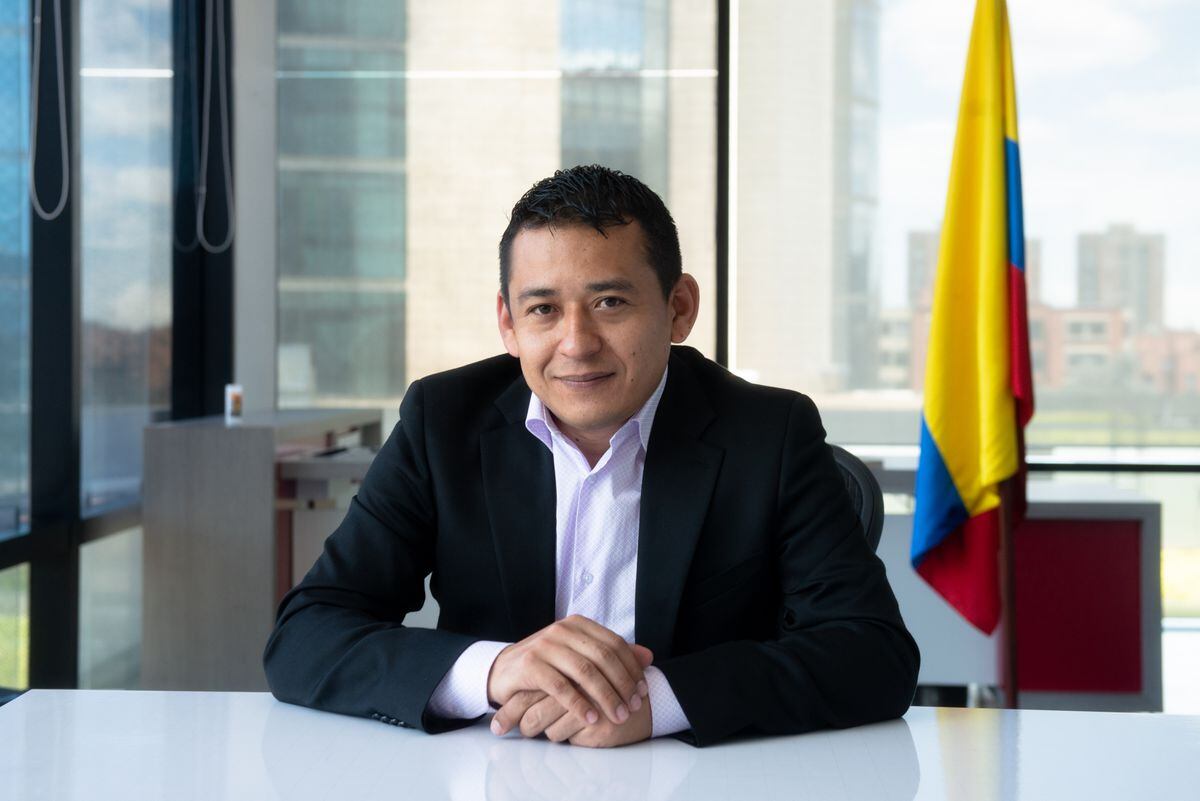
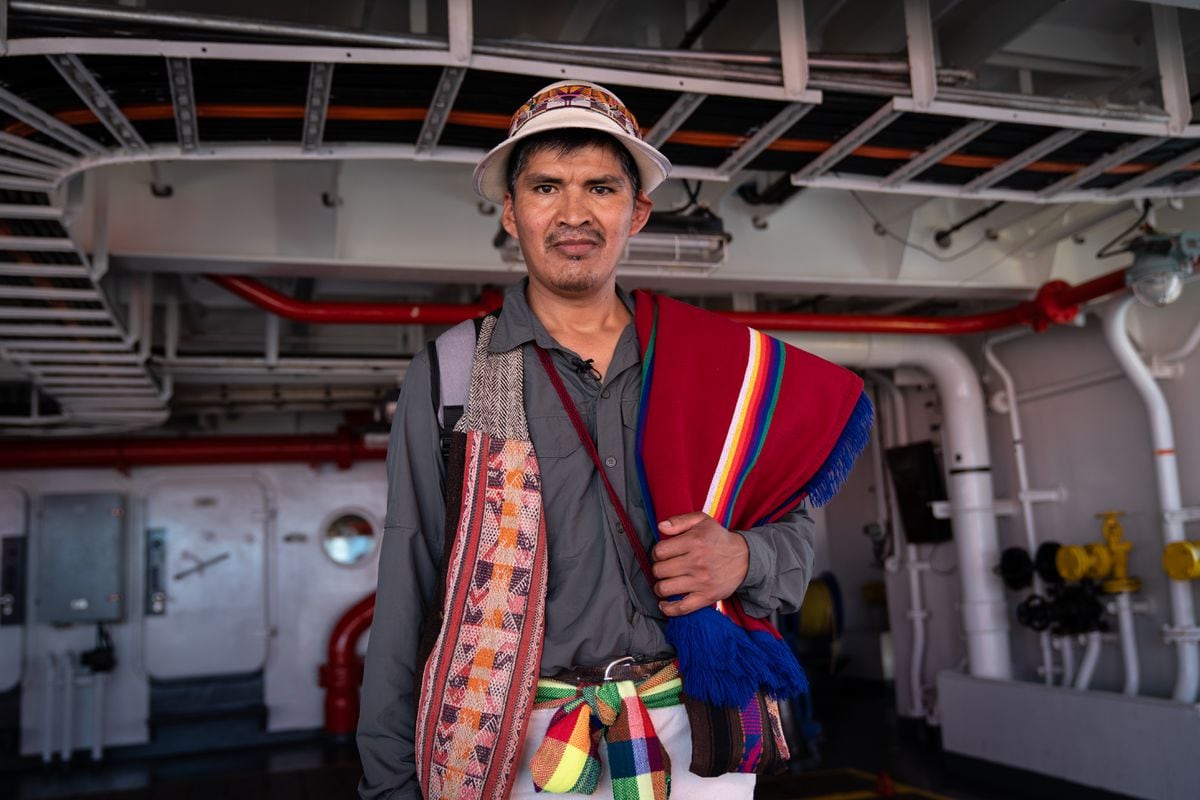
/cloudfront-eu-central-1.images.arcpublishing.com/prisa/XWDEWCZPBVCCDFB3VJU2TWK5PY.jpg)
